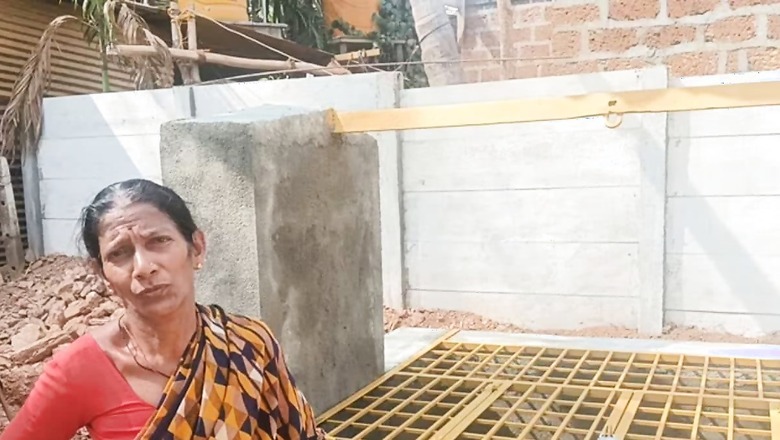
views
A 60-year-old woman named Gauri Naik from Sirsi, Ganesh Road, Karnataka has stirred the headlines for digging a well for the children of an Anganwadi. She purchased the necessary materials required for the construction of this well, i.e.- an enormous quantity of stone, and built the well from her house located 300 meters away.
According to Local18 Kannada, some officials and the natives have sought closure of the well citing the threat to the lives of children. Despite these concerns, this well has emerged as a major source of respite for the children especially in the summers. The water covers up to 7 feet of area in this well measuring up to 60 feet. Besides drinking, the students at the Anganwadi use the water from the well for cooking and other construction-related work as well.
Gauri has left no stone unturned for the maintenance of this well and she spent an award money of Rs 10,000 for the installation of an iron lid on the well. Amidst the soaring temperatures in the summer, many people can satiate their thirst by consuming the water from the well and praising the noble initiative of the 60-year-old woman. The Local18 Kannada video shows the elderly woman sprinkling water around the well.
A similar initiative was taken up by the sisters Magdalena and Marcela Machaca from Quechua, Peru. They were concerned about the fact that water became scarce for more than 200,000 people in the south-central region. Most of them were from the Quechua indigenous community. Both girls, agricultural engineers – found a solution by looking to the past. They built reservoirs high in the mountains to harvest and “cultivate” rainwater, the same way their ancestors did.
Marcela talked about this initiative in a conversation with the Thomson Reuters Foundation. “Climate is a living being to us,” she told the portal. “And lately it’s been acting a little crazy.” According to Marcela, the Quechua people consider the reservoirs sacred and believe they nurture water at the start of its life. These sisters built their first reservoir back in 1995 through their organisation, the Bartolome Aripaylla Association.

















Comments
0 comment